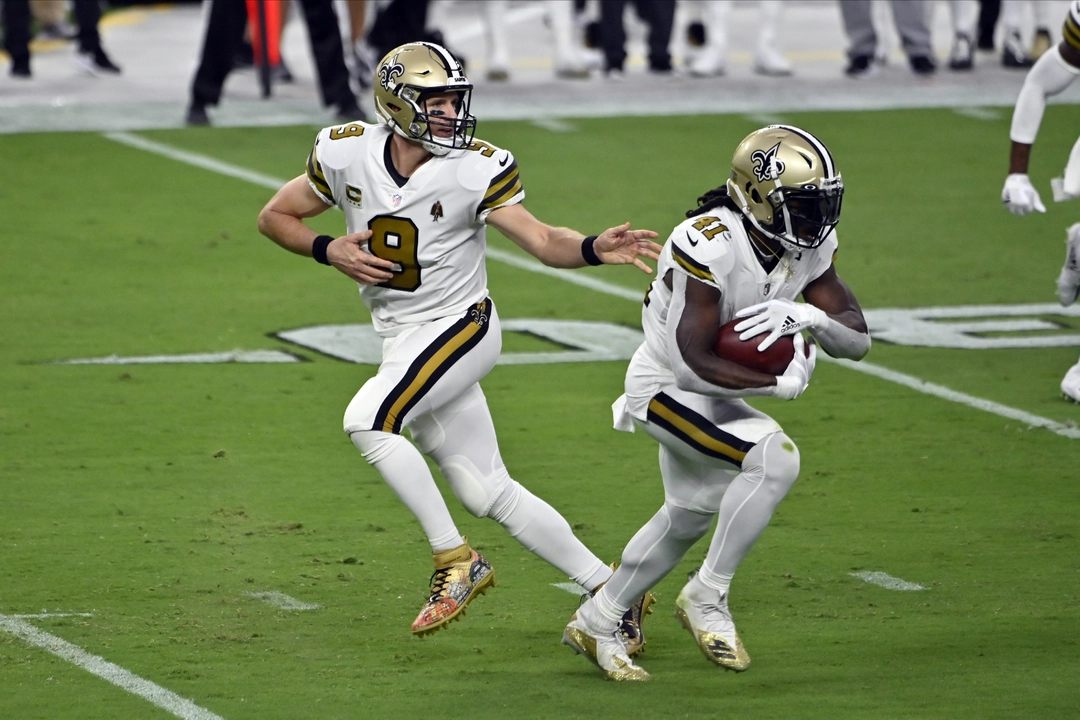Witching Hour in Sports and Culture
When talking about the Witching Hour, the period around midnight long linked to strange events and deep‑rooted superstitions. Also known as midnight hour, it often shows up in locker rooms, fan chants, and pre‑game rituals. This tag gathers stories where that odd midnight vibe meets everything from soccer drills to basketball celebrations.
Sports Superstition and the Midnight Mindset
One big off‑shoot is Sports Superstition, beliefs that certain actions or times can sway a game’s outcome. Players might wear the same socks on a witching hour night, or a coach may delay a talk until after midnight to avoid a jinx. The attribute “ritual importance” often carries a value like “high” for athletes who swear by lucky charms. These customs link directly to performance anxiety, giving the night a psychological edge.
Another recurring theme is Luck in Team Sports, the unpredictable factor that can tip a match one way or the other. Attributes include “randomness level” and “impact on morale”. In baseball, a sudden wind change at midnight can turn a home run into a fly‑out, while in soccer a late‑night penalty kick feels like destiny. Understanding luck helps fans separate skill from chance, especially when they debate whether a win was earned or simply lucky.
Showboating also rides the wave of the witching hour, because confidence spikes when athletes feel the night is on their side. Showboating, exaggerated celebrations that can fire up teammates or provoke opponents has attributes like “frequency” and “audience reaction”. A dazzling dunk after a midnight buzzer can become a viral moment, while a subtle fist pump may keep the crowd calm. The value of showboating often balances on the line between entertainment and disrespect.
Night myths don’t stay confined to the field; they seep into training schedules and even stadium design. The entity “Night Myths” carries attributes such as “origin” (folk tales, urban legends) and “influence on preparation”. Teams sometimes avoid scheduling matches at the literal witching hour, fearing low attendance or eerie vibes. Some clubs even play background music with mysterious tones to harness the mystique, turning the darkness into a strategic asset.
Coaches and managers have to juggle all these beliefs while keeping a clear game plan. For example, a National Guard athlete playing college soccer must balance duty, superstition, and performance—showing how personal rituals intersect with official commitments. Similarly, cities like Los Angeles grapple with the absence of a home football team, sparking debates that blend civic identity, market forces, and midnight mythos about what a city needs to feel complete.
The posts under this tag also touch on broader questions: Which sport leans most on luck? How does the Super Bowl’s massive production affect perceptions of fairness? Is the NFL ever fixed for gambling? These queries link back to the core idea that the witching hour isn’t just a time‑stamp; it’s a lens through which fans interpret fairness, drama, and the unknown.
Below you’ll find a mix of stories, analyses, and debates that explore how the witching hour shapes everything from player routines to fan lore. Dive in to see which midnight myths you’ve lived through, which showboating moments still echo, and how luck continues to rewrite the playbook.
The witching hour in the context of NFL Sunday refers to the critical time period during the late afternoon games, typically around 3:00-4:00 PM ET. In these pivotal moments, games often take unexpected turns, with dramatic comebacks and nail-biting finishes. As a passionate NFL fan, I always eagerly anticipate this intense hour, which often leaves me on the edge of my seat! The term "witching hour" originates from folklore, describing a time when supernatural events occur, adding an air of mystique to these thrilling game moments. Trust me, if you're an NFL fan, you won't want to miss the excitement and surprises that the witching hour brings each Sunday!

 Sports News
Sports News